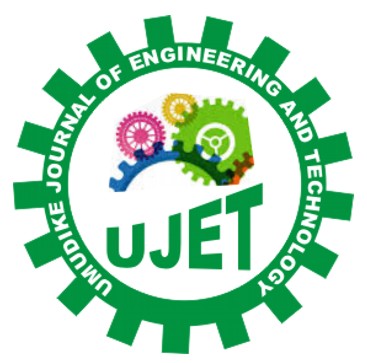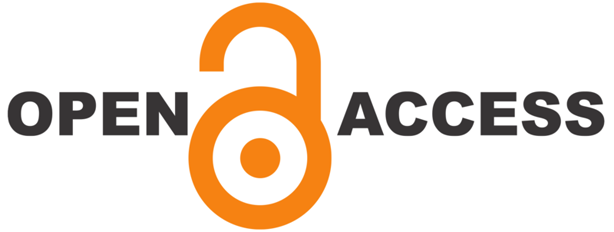|
Chiagunye, T.
Computer Engineering Department, Michael Okpara University of Agriculture, Umudike
Inyiama, H.
Electronic and Computer Engineering Department, Nnamdi Azikiwe University, Awka
Akpado, K.
Electronic and Computer Engineering Department, Nnamdi Azikiwe University, Awka
ABSTRACT
This research work is concerned with modeling a scheduling
operation for production of aluminum roofing sheet. The model involves three
sequential machines through which every order must pass followed by one out of
three finishing machines used one per finishing type. Agent-oriented analysis
that adjusts to the dynamics of the stochastic order processes is used in the
analysis of the proposed agent-based model for the job shop scheduling. A
well-crafted scheduler agent carries out bunching of sorted jobs either in 1 or
2 or 3 days bunche(s) per finishing type and selects the best out of the three
approaches. The scheduling of order arrival for ten months was carried out by
the scheduler agent using the bunching technique developed. The result of the
agent-based job shop scheduling model was validated with D.G. Kendall,
classical method for poisson arbitrary distribution with nonpreemptive
discipline where the agent-based model (ABM) compared favorably with the
classical model. ABM had better results in orders for months 4,6, 8, 9, 10 and
approximately equal to the classical method in orders for months 1, and 3. The
classical method is only better in orders for months 2, 5 and 7. The
comparative result shows that the modelled agent-based job shop scheduling is
an improvement to the existing model and should be applied in an industrial set
up for optimum machine usage and customer satisfaction.
Keywords: industrial operation, Scheduling, Agent based model, Machine state, Job shop
|
View: 538 | Download: 1
Conference Code
IECON2019
Conference Title
ENGINEERING FOR SUSTAINABLE ECONOMIC DIVERSIFICATION, FOOD AND NATIONAL SECURITY
ISBN
978-978-53175-8-9
Date Published
Friday, September 20, 2019
Conference Date
2nd - 4th September, 2019
The contents of the articles are the sole opinion of the author(s) and not of UJET.
|


